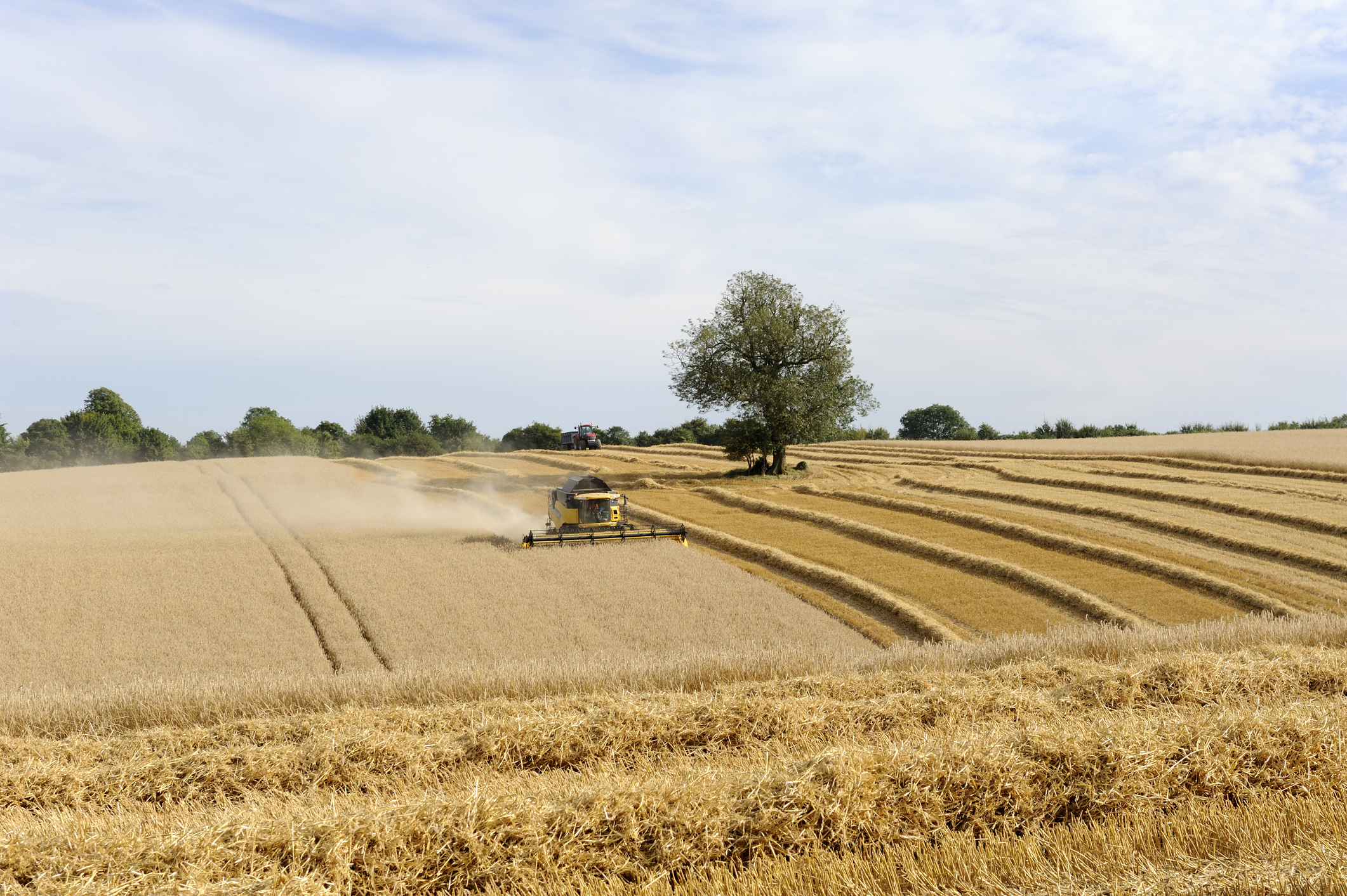

Work on longer-term farming innovations
The ‘Farming Futures R&D’ competitions are for ambitious research projects that could benefit farmers in England.
We’re looking to fund products and innovations that help solve longer-term social challenges. Your ideas can be further away from market readiness than typical R&D projects.
Each competition has a different theme. Previous competition themes were ‘climate smart farming’ which aimed to reduce carbon emissions and ‘sustainable farm-based proteins’ which aimed to improve the sustainability of protein sources.
Depending on the theme, you can apply to lead a project if you’re a:
- research organisation
- business registered in the UK
You’ll need to collaborate with at least one other business or research organisation.
What’s coming up
Full details for each theme and how to apply will be published on the Innovation Funding Service when competitions open.
You can find early information here to help you plan ahead.
| Competition name | Status |
|---|---|
| Accelerating Development of Practices and Technologies Fund (ADOPT) | Please follow the dedicated page on ADOPT from the home page, or click here |
| Farming Futures R&D – Precision Breeding | Closed |
| Farming Futures R&D – Low Emissions Farming | Closed |
| Defra Farming Innovation Investor Partnership | Closed |
Feasibility Studies (Round 4) and Small R&D Partnerships (Round 4) | Opens in Autumn 2025. Stay up to date with the Defra Farming Blog (opens in new window) and subscribe for more information. |
Work as part of a team
We want to encourage collaboration between farmers, researchers and businesses. We believe that by working together you can develop the solutions and improvements needed to meet environmental and industry challenges.
To apply, you’ll need to collaborate with at least one other business or research organisation.
Once the competition is open, Innovate UK Business Connect can help you find the right people to work with (opens in new window) on your project.
Work with farmers
Farmers, growers or foresters must be involved throughout the project. This is so that any new solutions work for them in practice.
There are different ways you could collaborate:
- work with them directly to develop a product (for example on their land)
- put them on your advisory or project boards
- regularly check that the product you are developing works for them
Businesses: what you can claim
The amount of funding you can claim depends on the size of your business and the type of project. It’s the same rules if you’re a lead or collaborator.
There is guidance to help you check what size your company is if you’re not sure.
For feasibility or industrial research projects
| Size of business | What you can claim (% of your project costs) |
|---|---|
| Small or micro | 70% |
| Medium | 60% |
| Large | 50% |
For experimental development projects
| Size of business | What you can claim (% of your project costs) |
|---|---|
| Small or micro | 45% |
| Medium | 35% |
| Large | 25% |
Research organisations: what you can claim
Your project costs are capped at different levels depending on the theme.
| Theme | Cap on your costs (as % of total project costs) |
|---|---|
| Environmental resilience (theme 4) | 50% |
| Automation and robotics (theme 3) | 30% |
| Sustainable farm-based proteins (theme 2) | 40-50% |
| Climate smart farming (theme 1) | 30% |
Worked example
Project costs: £5 million
Cap on your costs: 30% (for example, theme 1)
You’re working on a project that has a total cost of £5 million. In this example, costs for the research organisations involved are capped at 30% (£1.5 million).
You can apply for funding to cover all of your costs. So in this example, research organisations can apply for £1.5 million.